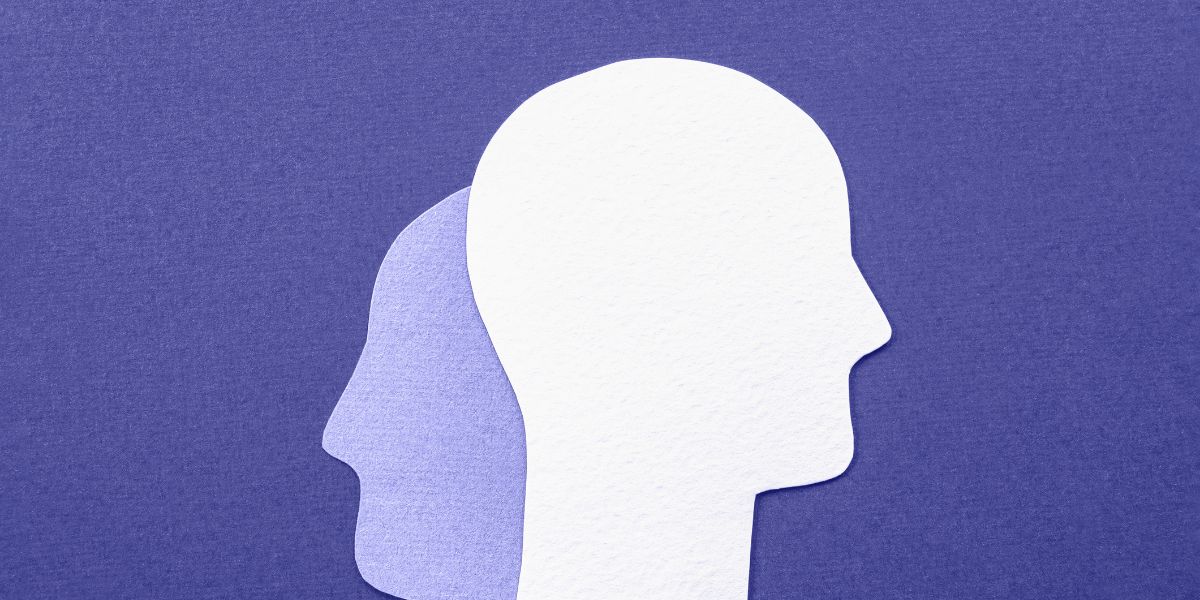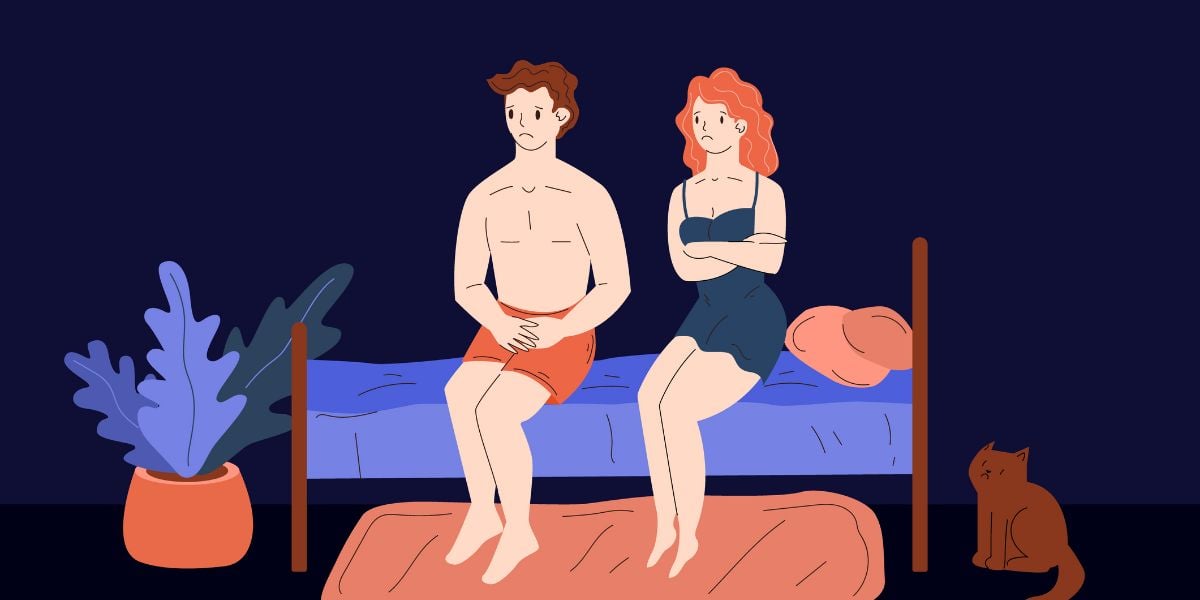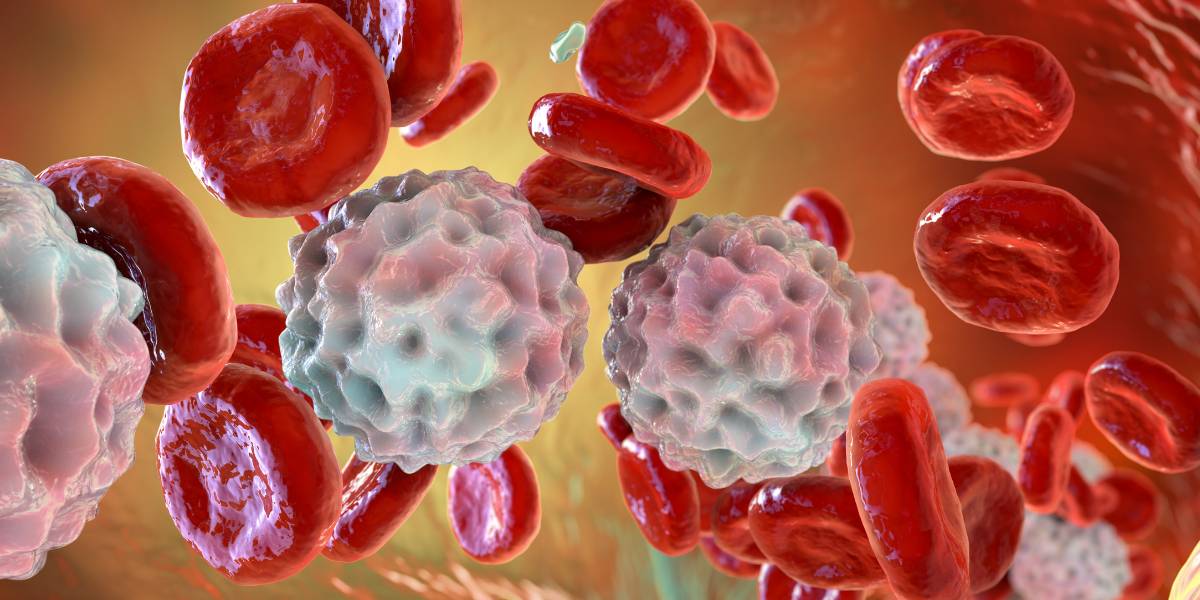Having diabetes can make the physical effects of eating disorders more dangerous due to the impact on blood sugar levels
An eating disorder is when you have an abnormal attitude towards food that causes significant problems for your health or well being.
Eating disorders may vary from overeating to undereating and some eating disorders, such as bulimia, may involve alternating between the two.
Diabulimia
Diabulimia is a term which has been used to describe deliberate missing of insulin injections in an attempt to lose weight.
When people with type 1 diabetes skip insulin injections, it starves the body from getting energy from food eaten.
- Read more about Diabulimia
Diabulimia is particularly prevalent in teenage girls and young women with type 1 diabetes.
Diabetes UK reports that prevalence could be as high as 1 in 3 women with type 1 diabetes may have deliberately missed injections to lose weight.
Diabulimia is an especially dangerous way to lose weight which greatly increases the risk of suffering diabetic ketoacidosis in the short term and increasing the risk of developing complications such as nerve damage and blindness later in life.
Binge eating disorder
Binge eating disorder is when people eat large amounts of food in a short space of time and feel unable to stop themselves from doing so. Overeating despite being full and compulsive snacking are examples of binge eating.
Binge eating may take place because of psychological issues but can also result from, or be amplified by, the effect food has on our blood sugar levels. This can apply to people with and without diabetes, particularly if food that is sugary or particularly dense in carbohydrate is eaten.
Binge eating can lead to significant weight gain, raising the risk of heart disease and, for people with diabetes it, can make maintaining blood glucose control more difficult and increase the chance of developing diabetic complications.
Anorexia nervosa
Anorexia is particularly common in teenage girls and young women. Someone with anorexia will try to keep their weight down as low as possible, which can frequently reach a stage whereby the condition can damage the body, such as bringing on liver or kidney damage
There are a number of reasons which may explain why people become anorexic and these may range from depression, societal pressure to be thin and biological factors in the brain.
People with anorexia will often display strong feelings such as fear of putting on weight and may not see themselves as being thin despite being significantly underweight. People with anorexia will often resist attempts by others to get them to put on weight.
Treatment for anorexia, including a range of psychological support, is available on the NHS. People looking to help themselves are advised by the NHS to gain weight steadily. If your body weight is very low, you may require supplements to provide the right nutrition for your body Your health team can advise the best diet and treatment.
Bulimia
Bulimia involves alternating between binge eating on food and then purging the food out either through vomiting or the use of laxatives. Bulimia may also include taking part in excessive exercise to keep weight down.
Bulimia is also associated with a number of health risks including dental problems (if regularly vomiting), bowel problems (if using laxatives), irregular periods, unhealthy hair and skin and can also lead to heart and organ problems.
Treatment can involve counselling and other talking therapies or you may be offered antidepressants.







